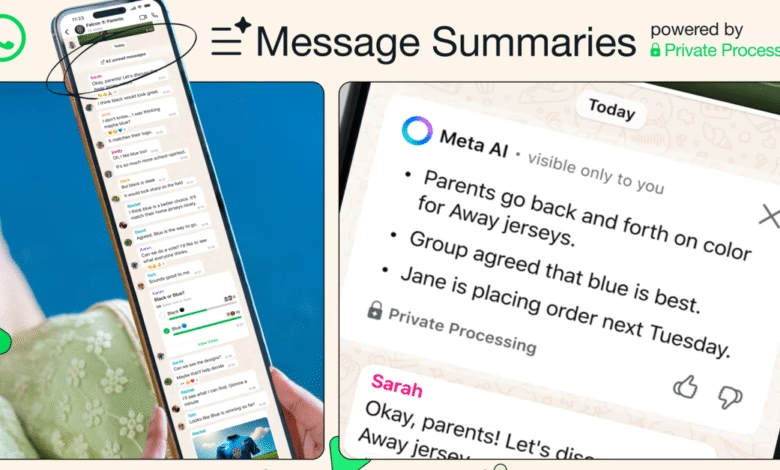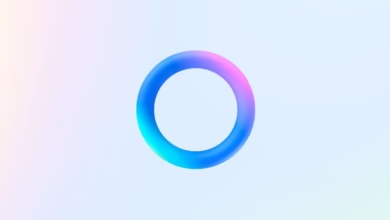WhatsApp Now Offers AI-Powered Message Summaries

▼ Summary
– WhatsApp introduced a new Meta AI feature that summarizes personal chats, accessible via a button to view unread messages.
– The feature is currently available in English in the US, with plans to expand to more countries and languages later this year.
– Meta’s Private Processing technology ensures WhatsApp and third parties cannot access or snoop on message summaries.
– The AI summaries are optional, turned off by default, and can be restricted in group chats using WhatsApp’s “Advanced Privacy” setting.
– Private Processing hides AI interactions by creating a secure cloud environment, keeping summaries invisible to Meta, WhatsApp, and other group members.
WhatsApp has introduced an innovative AI-powered feature that summarizes your unread messages, offering users a quick way to catch up on conversations without scrolling through lengthy chats. The tool leverages Meta AI to generate concise bullet-point summaries, accessible by tapping the unread messages button in a chat window.
Currently available in English for U.S. users, the feature is expected to expand to additional languages and regions later this year. WhatsApp emphasizes privacy with its Private Processing technology, designed to keep summaries confidential, neither Meta nor third parties can access the content.
Users retain full control, as the feature is disabled by default and can be turned on manually. For those concerned about AI involvement in group chats, WhatsApp’s Advanced Privacy settings allow restrictions on AI usage. While the summaries aim to streamline communication, questions remain about their accuracy, echoing past concerns with similar AI-driven tools like Apple’s notification summaries.
The company assures that Private Processing operates in a secure cloud environment, ensuring that neither WhatsApp nor other group members can view the AI-generated summaries. This move aligns with Meta’s broader push to integrate AI across its platforms while prioritizing user privacy.
Image: WhatsApp
(Source: The Verge)






